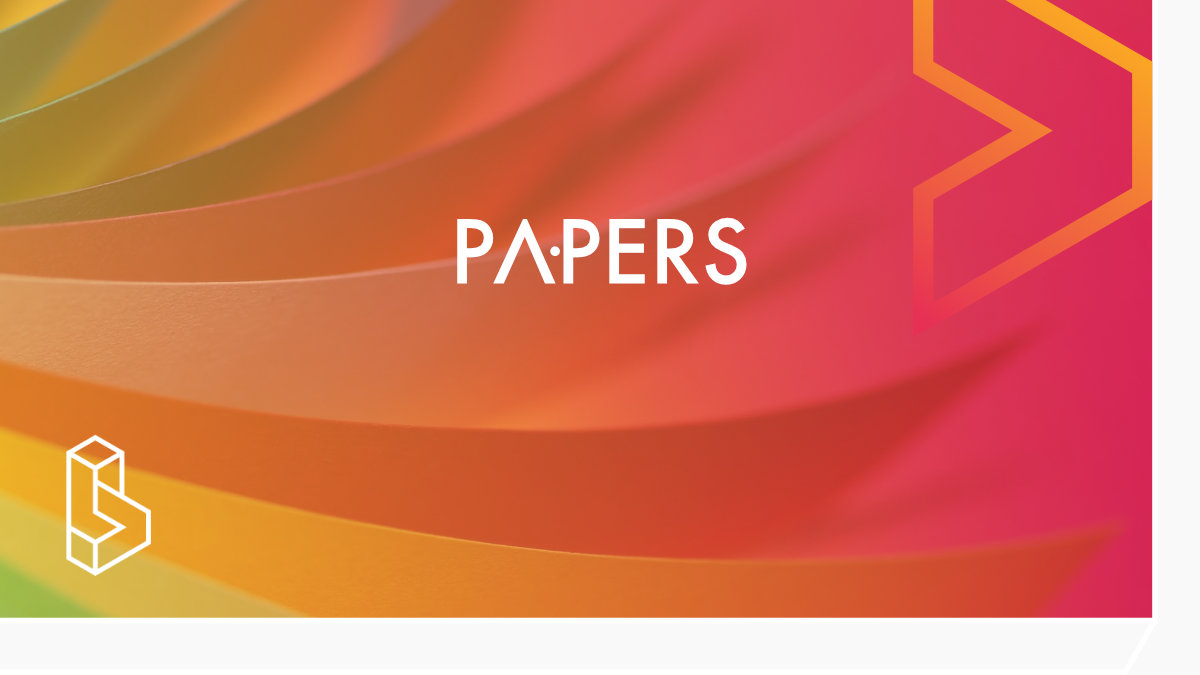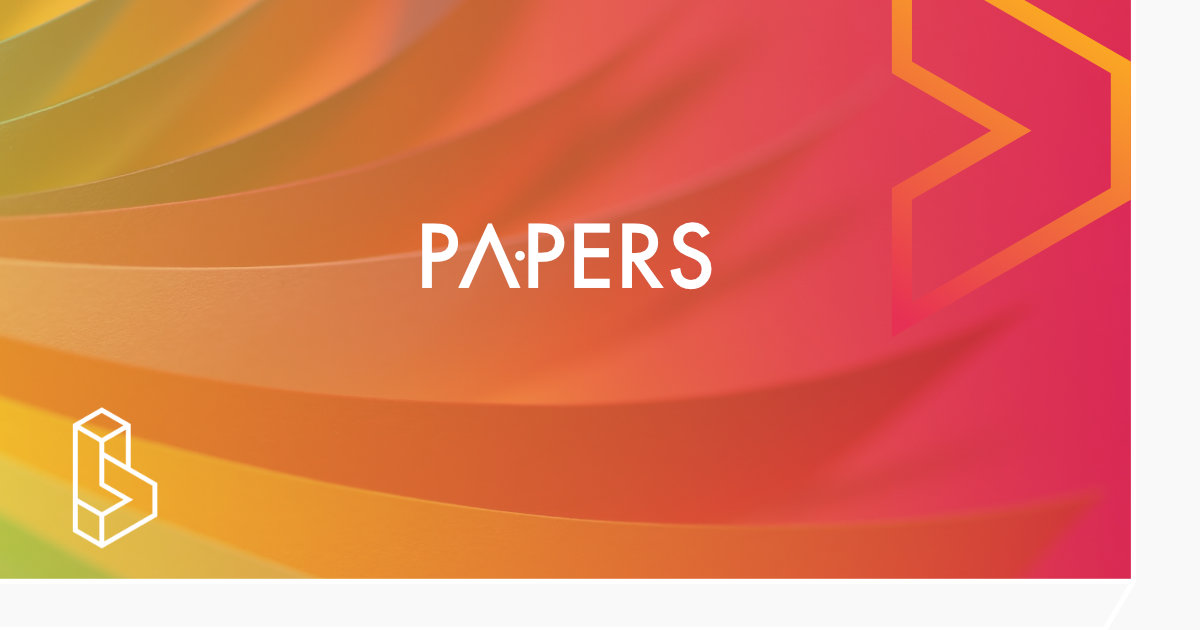This phenomenological analysis (n=1) examines the influence of LSD on the creative insights of Federico Fellini, a renowned film director. The study explores how LSD use under controlled therapeutic guidance enhanced his creativity across four domains: time, space, body and others, and perception of the self. The resulting impacts included irregular time flow, brilliant and detached colours, independent sounds, deformed human bodies, and the collapsing boundaries between dream and reality, leading to his films' distinctive "Felliniesque" style.
Drug Science, Policy and Law
July 2023
Cited by 0
This review (s=42 studies) offers an overview of the effects of psilocybin on cognition and creativity. It was found that shortly after the intake of psilocybin, cognition and creativity are impaired, especially with higher doses, but these effects diminish over time and some positive effects may emerge.
Journal of Psychopharmacology
July 2023
Cited by 0
This double-blind cross-over study (n=24) of a low/moderate dose of LSD (50μg) on the structure of language finds simpler and semantically more similar language after LSD.
European Neuropsychopharmacology
January 2023
Cited by 0
This pre-print review (2022) explores "insight," showing that insight is a core component in psychotherapy and meditation, a key process underlying the emergence of delusions in schizophrenia, and a factor in the therapeutic effects of psychedelics as well as being commonly studied in problem solving literature.
Academic Psychiatry
December 2022
Cited by 6
This review (2022, s=11) finds some positive effects on creativity (e.g. increased convergent thinking) after psychedelics use. Still, the number of studies, small sample size, and lack of randomisation are preventing more robust conclusions from being drawn.
Journal of Psychoactive Drugs
July 2022
Cited by 0
This theory-building article (2022) proposes that the dream, hypnagogic and psychedelic states share common features that make them conducive to supporting some aspects of scientific creativity and examines the putative underlying neurophenomenological and cognitive processes involved. The psychedelic state may have the potential to enhance creativity as a result of phenomena like brain hyperconnectivity, meta-cognitive awareness and more.
Drug Science, Policy and Law
May 2022
Cited by 0
This trial (n=32) assessed the safety, tolerability, pharmacokinetics, and subjective effects of 50, 75, and 100 µg LSD in healthy adults within a novel intervention paradigm. Participants received 50 (n = 3), 75 (n = 7), 100 (n = 3) LSD, 50 µg followed by 75 µg LSD (n = 9) 1 week apart, or placebo followed by a 75 µg LSD (n = 10) 1 week apart. No serious adverse events were reported, This data indicates that LSD is safe and well-tolerated with mild adverse events reported.
Journal of Psychopharmacology
March 2022
Cited by 0
This double-blind placebo-controlled study (n=24) assessed the impact LSD (50μg) has on measures of creativity. Near peak drug effects, participants were given a number of creative tasks to complete. Creativity was then assessed by scoring creativity criteria, calculating divergent thinking and convergent thinking, computing semantic distances and searching for data-driven special features. Compared to placebo, LSD changed several creativity measurements pointing to pattern break, disorganization and meaning which seemed to fundamentally influence creative cognition and behaviour.
Journal of Psychopharmacology
February 2022
Cited by 0
This survey (n=536) showcases a possible synergy between meditation and psychedelic use. Those who experienced ego dissolution also found meditation to be more effective, which also served as lowering the barrier to meditation and motivation to practice it. Those who meditated (about half of the original larger survey) also were more likely to use psychedelics and experience ego dissolution.
Journal of Psychoactive Drugs
Cited by 0
This double-blind placebo-controlled preprint study (n=34) assessed the effects of microdosing psilocybin (0.5g dried mushrooms, about 0.9mg psilocybin) on subjective experience, behaviour, creativity, perception, cognition, and brain activity. Participants received two doses (psilocybin/placebo) administered separately, one week apart. Subjective effects were more intense for the active dose, while null effects or a trend towards cognitive impairment were observed. Expectation effects may be, in part, responsible for the anecdotal benefits of microdosing.
Translational Psychiatry
August 2022
Cited by 1
This provisionally accepted study (n=40) explored the effects of ayahuasca on processes involved in stress-related psychopathologies. Volunteers attending an ayahuasca ceremony were given a series of questionnaires at baseline, the morning after and one week after the experience. Researchers found ingesting ayahuasca is associated with positive therapeutic outcomes.
Frontiers in Pharmacology
September 2021
Cited by 0
This diary study investigates the "safe and beneficial" use of psychedelics in small quantities (microdosing; 10 micrograms LSD) to improve positive moods by evaluating positive and negative emotional states using the PANAS checklist and written reports. The study showed that microdosing of a psychedelic in clinical and non-clinical populations improved health habits, increased energy, and improved work effectiveness. Furthermore, smaller samples demonstrated alleviation of symptoms in migraine headaches, traumatic brain injury, pre-menstrual syndromes (PMS), shingles, and other such conditions that have not been previously associated with psychedelic use.
Journal of Psychoactive Drugs
March 2019
Cited by 41
This preprint of three double-blind placebo-controlled longitudinal experiments (n=175) investigated the effects of microdosing psilocybin (0.74 - 1.71mg) on creativity and found that it increased the originality of their ideas while generating novel applications for ordinary things (divergent thinking). However, it did not increase the number of novel ideas, or their ability to detect features that are common across multiple things (convergent thinking).
Psyarxiv
June 2021
Cited by 0
This longitudinal study (n=57) investigated the effects of ayahuasca and found improved convergent thinking/creativity, decreased ratings of depression and stress up to four weeks later. These changes were significantly correlated with the level of ego dissolution experienced during the acute trip/ceremony.
Psychopharmacology
August 2018
Cited by 54
This study compared the creativity levels of 15 recreational MDMA users, 15 cannabis users, and 15 controls. It found higher scores for cannabis users on one scale and self-rating of creativity on another scale for MDMA users. As this was just an observational study, nothing much about the creativity of all three groups can be said.
Journal of Psychoactive Drugs
March 2014
Cited by 29
This systematic review (2017) examines 14 empirical studies and 5 case studies that investigated the relationship between artistic creativity and psychoactive substance use. The nature of this relationship is not clearly established, given that most studies had a very small sample size, unrepresentative samples, overreliance on self-report, non-standardized assessment tools, and speculative research questions. Results indicate that psychoactive substances may change the quality of artistic work even amongst ordinary individuals by modifying functions related to creativity (enhancing experiences and sensitivity and loosening conscious processes), but the correlation of increased psychoactive substance use amongst artists may alternatively be a form of self-medication which stabilizes an unstable mode of functioning that is related to their creativity.
International Journal of Mental Health and Addiction
October 2016
Cited by 12
This double-blind, placebo-controlled, between-subjects study (n=60) investigated the effects of psilocybin (11.9 mg/70kg) on creativity in healthy participants, with respect to acute and persisting changes in convergent and divergent thinking in relation to restructuralization of Default Mode Network (DMN) connectivity. Although subjects felt more insightful under the acute psychedelic state, their ability to generate ideas and associations in a goal-directed manner was impaired. However, 7 days after psilocybin administration, participants generated a higher quantity of novel ideas for uses of an everyday object. Decreased integrity of the DMN under the acute state was the strongest predictor of subjective insightfulness, acute decrease in scores of originality, and a long-term increase in the generation of novel ideas.
Translational Psychiatry
April 2021
Cited by 32
This self-blinding experiment (n=191) finds that the placebo and microdosing groups both experienced similar improvements in self-rated psychological well-being and cognitive function (e.g. mood, energy, creativity) after four weeks. This study provides more evidence that microdosing benefits can be attributed to expectancy (placebo) effects.
eLife
March 2021
Cited by 6
This placebo-controlled study (n=19), which also used computational modeling, argues that LSD (75μg) increased reward learning rates heightened plasticity, which in turn could be the mechanism through which psychedelics help reshape maladaptive ('stuck') patterns.
Psychological Medicine
December 2020
Cited by 1
This review paper (2020) for a management audience looks at (the history of) psychedelics and creativity.
American Journal of Management
October 2020
Cited by 0
This review looked at 77 studies with psychedelics and entactogens, to see how their effects relate to concepts of positive psychology. Psychedelics and entactogens showed positive effects e.g. on well-being, prosocial behaviours, empathy, creativity, personality, values and mindfulness. However, the authors stress that more longitudinal data on positive and adverse effects is needed.
Neuropharmacology
June 2018
Cited by 30
This hypothesis article (2018) proposes a psychedelic model to study the creative mind. Kuypers goes into depth on the brain structures and processes influenced by psychedelics.
Medical Hypotheses
June 2018
Cited by 8
This commentary article (2002) imagines the two sides of Dr Jekyll and Mr Hyde as two parts of a psychedelic experience. This is applied to artists in this somewhat esoteric article.
Journal of Psychoactive Drugs
September 2011
Cited by 17
This survey study (n=787) found that Openness to experience was the strongest predictor of creativity (four measures), but self-reported drug use did have some (positive) effect on creativity.
Imagination, Cognition and Personality
October 2014
Cited by 3
This literature review (1999) looks at European research with (psychedelics) drugs on creativity between 1940-1970. A disinhibiting effect of psychedelics (allowing creative breakthroughs) is proposed.
Journal of Creative Behavior
December 1999
Cited by 29
The theory-building paper (2020) argues that the psychedelic state may facilitate creative generation and discusses the neurocognitive states in which creative thought takes place.
NeuroImage
June 2020
Cited by 15
This perspective article (2018) looks at the evidence for meaning-enhancing as a mediator in psychedelic therapy, spirituality and outcomes on creativity.
Frontiers in Human Neuroscience
March 2018
Cited by 48
This literature review (1989) looks at creativity and LSD. This is mostly done through the lens of artists who painted over 250 works.
Journal of Psychoactive Drugs
January 1989
Cited by 40
This open-label study (n=55) found that a high-dose of psilocybin at a retreat led to more divergent thinking and emotional empathy the day after (n=50). At seven days (n=22) enhancement of convergent thinking and well-being persisted.
Journal of Psychoactive Drugs
January 2019
Cited by 36
This is the first known study (1973, n=27) in which creativity under influence of psychedelics (mescaline, 200mg) was being studied in professionals and within a very positive/guiding setting.
Psychological Reports
August 1966
Cited by 165
Find Psychedelic Papers
Find all relevant psychedelic research papers in our ever-growing database. Here we cover and connect the latest research and seminal papers. From early open-label psychedelic studies with healthy volunteers to large-scale double-blind, placebo-controlled trials.
We have not only indexed over 2000 papers but have added additional contexts such as type of study, a compound studied, which paper it’s related to, the trial associated with a study, and over 30 more variables.
More coverage of psychedelic research can be found on our Research page.

